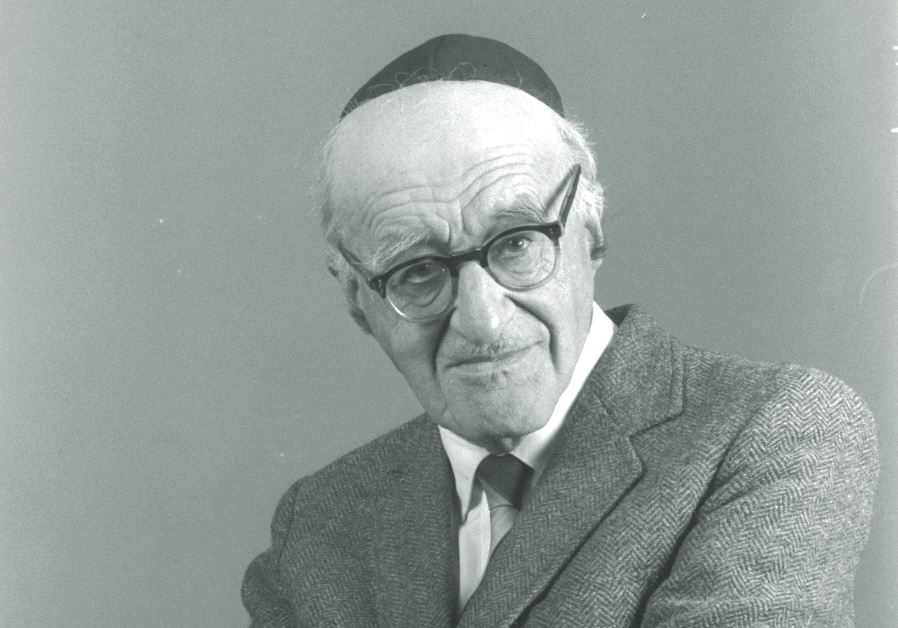Yeshayahu Leibowitz: Idol smasher or idol maker?
The brilliant Yeshayahu Leibowitz – one of the most admired and the most despised thinkers in the history of the State of Israel.
 Prof. Yeshayahu Leibowitz: An unattainable path(photo credit: SA’AR YA’ACOV/GPO)
Prof. Yeshayahu Leibowitz: An unattainable path(photo credit: SA’AR YA’ACOV/GPO)